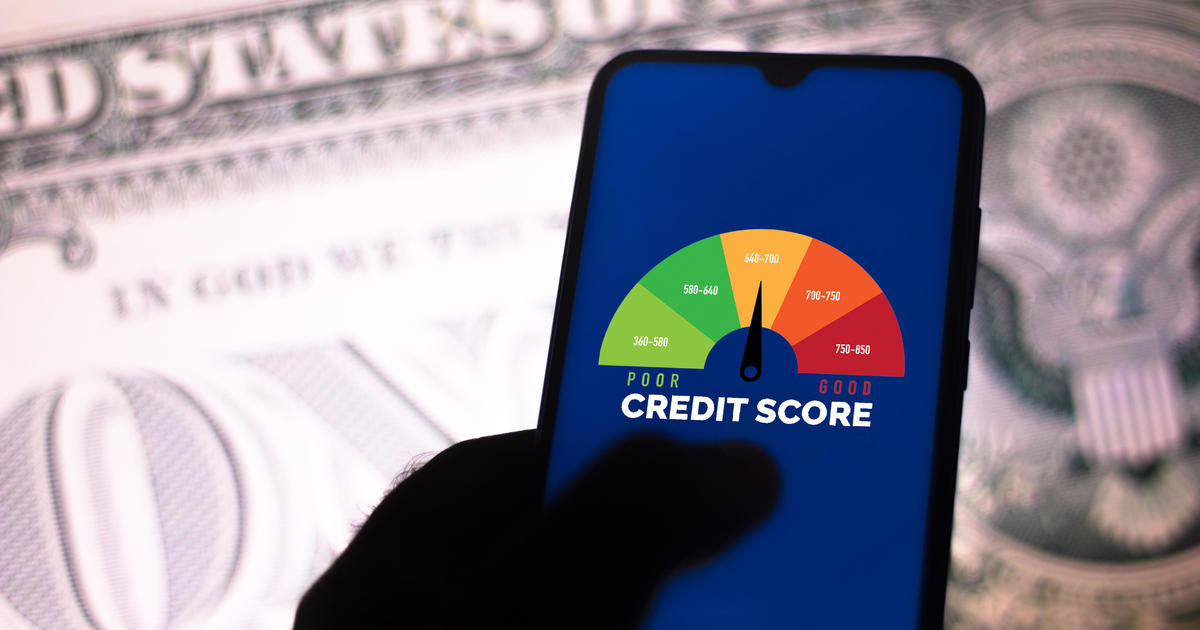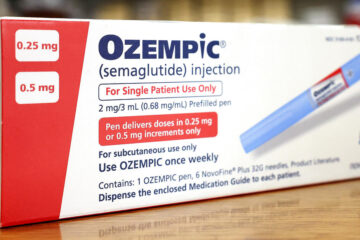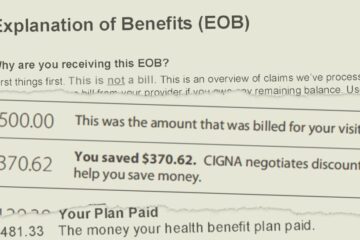[ad_1]
Unlike other bills, the debts a growing number of Americans are piling up to obtain health care services are often unplanned, or the result of billing issues and other errors that reflect the challenge of navigating our dauntingly complex health care system.
Although such problems often aren’t the fault of patients, medical debt can scar their credit score, drive up health insurance premiums, and even impede their ability to secure a job or housing simply because of an unexpected trip to the emergency room, for example.
Some 40% of U.S. adults owe money related to getting medical or dental care, according to a 2022 survey from the Kaiser Family Foundation, including credit card debt or other loans they took on to pay off a health care provider,.
“So many of us are not that far from landing in medical debt and could be there ourselves in fairly short order whether we realize it or not,” Adam Fox, deputy director of the Colorado Consumer Health Initiative (CCHI), a non-profit advocacy group, told CBS MoneyWatch.
The Consumer Financial Protection Bureau (CFPB) is in the process of introducing new rules that would ban medical debt from appearing on Americans’ credit reports. Some cities and states have also started tackling the issue by passing legislation that limit how widely an individual’s medical debt is shared. For millions of Americans, these changes would be transformative, advocates say.
In July 2022, the major credit bureaus — Equifax, Experian and TransUnion — removed medical collections that were already paid from credit reports and stopped reporting unpaid medical collections less than one year old. The firms said that as of April of this year, they would remove medical debt amounting to less than $500 from consumer credit reports.
“Medical debt isn’t a decision”
Advocates for such changes say the push for reform stems from how complicated the medical billing process is in the U.S.
“Medical debt isn’t a decision — it is unexpected. You get sick, you have an emergency and visit the emergency room, you don’t ask for the price before you receive the service, before it happens to you. The system is so complicated that it’s hard to understand beforehand how much it will cost,” said Breno Braga, a researcher with the Urban Institute who recently examined the impact of removing medical debt from people’s credit records.
At the same time, for consumers the financial consequences of drowning in medical bills can be severe.
“Having medical debt in your credit score can affect access to jobs and housing because landlords and employers can check credit records before making offers or agreements,” Braga said.
Over the past year, an estimated 5 million Americans had all medical debt in collections erased from their files, Urban found in its analysis. To be sure, the debt is still outstanding and owed to providers, but it doesn’t factor in to an individual’s credit score.
“The reporting changes don’t affect the underlying debt consumers owe to health providers. It just means providers and collectors can’t report it to agencies. But medical debt still exists, and they can still sue patients to collect debt, but they lost one of their tools,” Braga said.
As of August, roughly 5% of U.S. adults had medical debt in collections in their credit files, down from 12% a year ago.
And consumers who in August 2022 had medical debt in their credit files saw significant increases in their scores from Vantage, another widely used credit score. On average, they moved from 585, a subprime level score, to 615, a prime level score, Urban found.
In Colorado, it’s already illegal to report medical debt to credit agencies. Fox and CCHI are pushing for a nationwide law mirroring the state’s ban.
“The challenge that medical billing creates in general is that it is incredibly confusing — it’s not usually clear what you’re paying for for particular services, it’s usually not itemized automatically for you, and it sets off a potential cascade of issues. The most egregious being landing in medical debt,” Fox said. “And what we know about folks who struggle with medical debt is if they have been sent to collections, they are often stuck between having to make payments toward a medical bill or paying for other necessities, whether that’s rent or food or their car insurance or gas or whatever. They face making impossible choices that affect their overall well-being and financial security.”
What consumers can do
To avoid financial complications from unpaid health care bills, experts say consumers should periodically check their credit reports .
“Make sure there’s nothing in it that shouldn’t be there, whether it’s medical debt that hasn’t been removed from your report or some sort of fraud or clerical error that may be holding you back,” Matt Schulz, chief credit analyst at LendingTree, an online lending marketplace, told CBS MoneyWatch.
Consumers can check their credit reports for free by going to AnnualCreditReport.com. As a general practice, meanwhile, consumers should ask their health care provider questions before the bill arrives in the mail.
“Too often folks hesitate to ask questions or they don’t ask for an itemized bill, or they aren’t sure what a bill is for. If they don’t ask questions, things can spiral out of control pretty quickly,” Fox said.
Check for billing errors and demand that any problems be corrected.
“We regularly find errors or things that were not processed properly either by the provider or someone’s insurance company,” Fox said. “And all of that starts with making sure you understand the bill, asking questions if anything seems suspect and challenging it.”
[ad_2]
Source link




